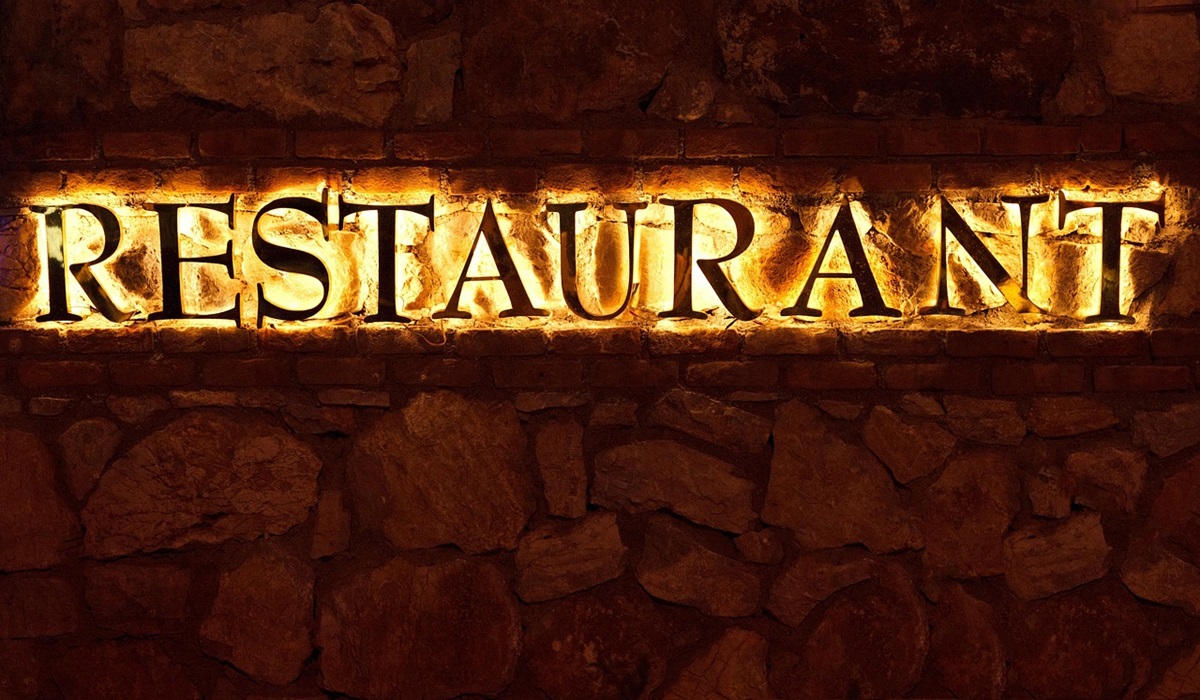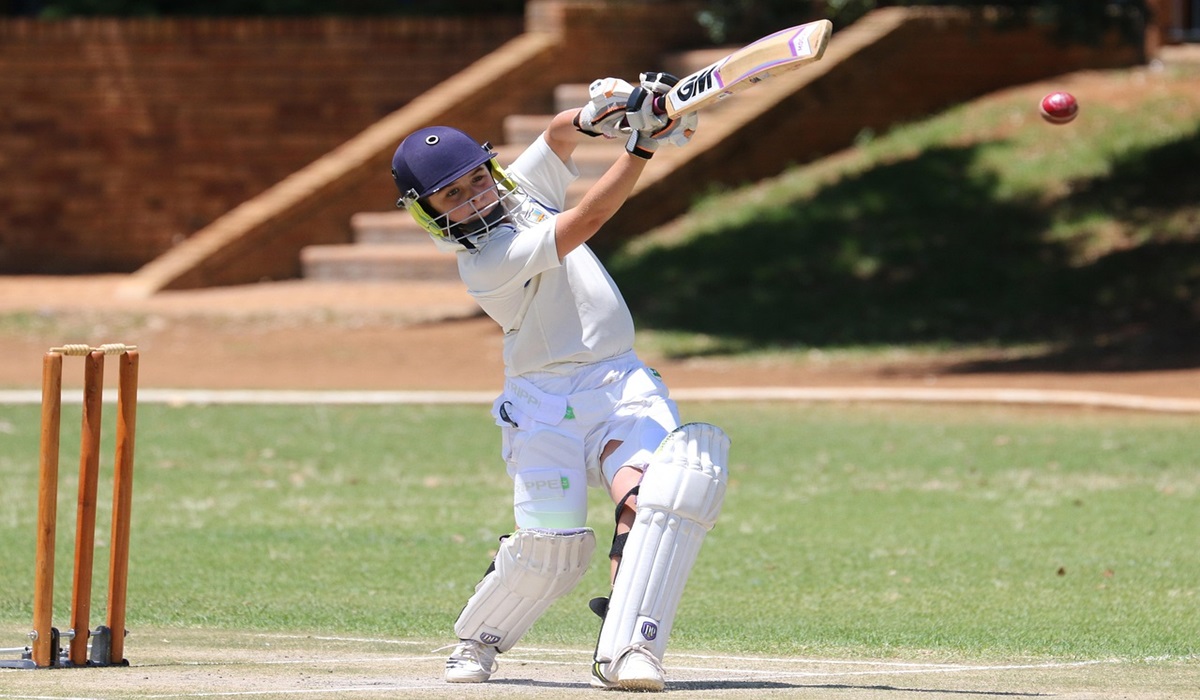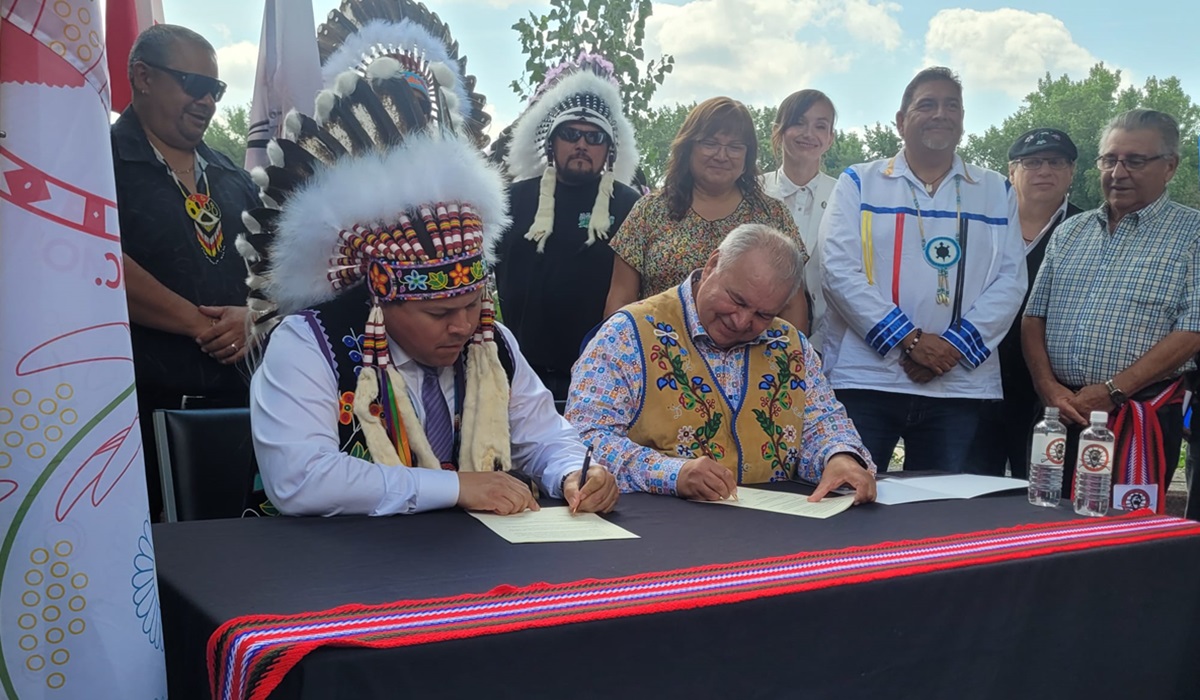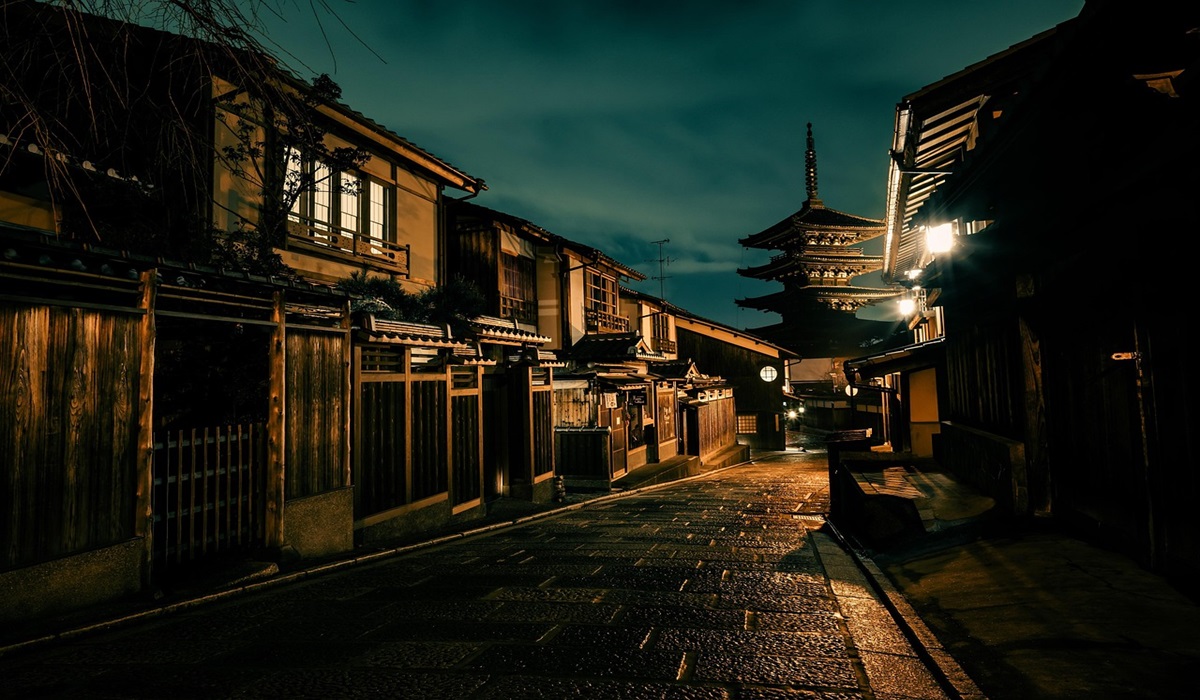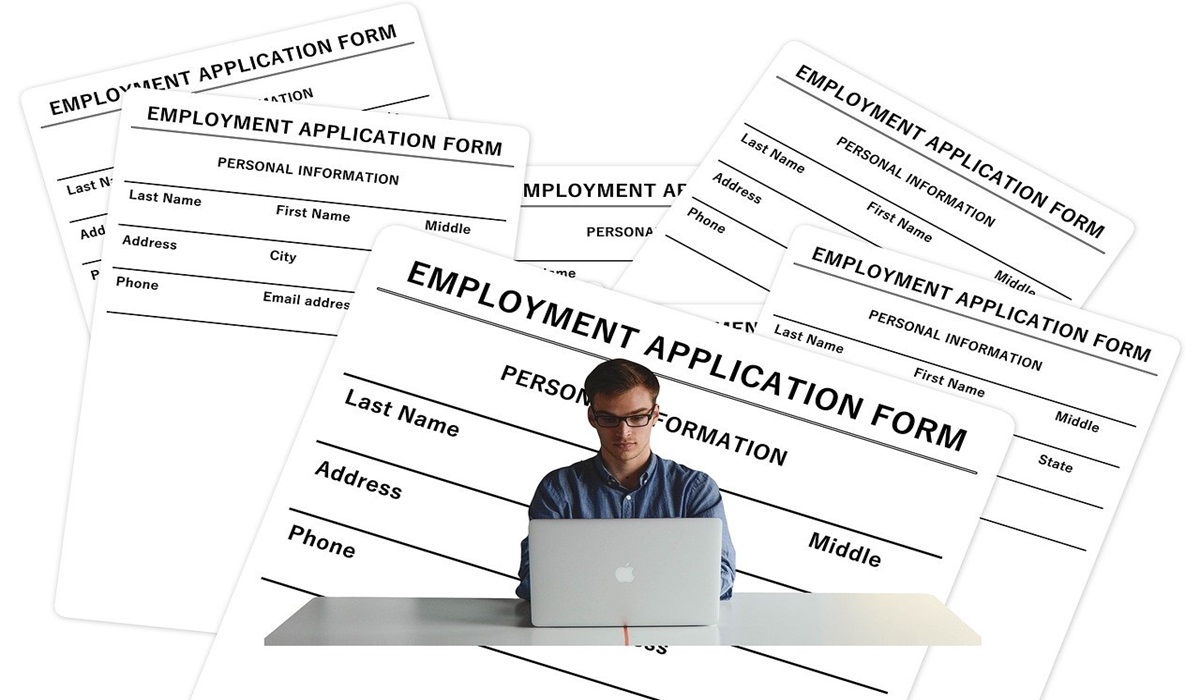Not Just the Police’s Job: Why Winnipeg Needs Everyday Protectors
- JamRock Security
- Trending News
- Crime
- Do Security. Do It Smart
- July 2, 2025
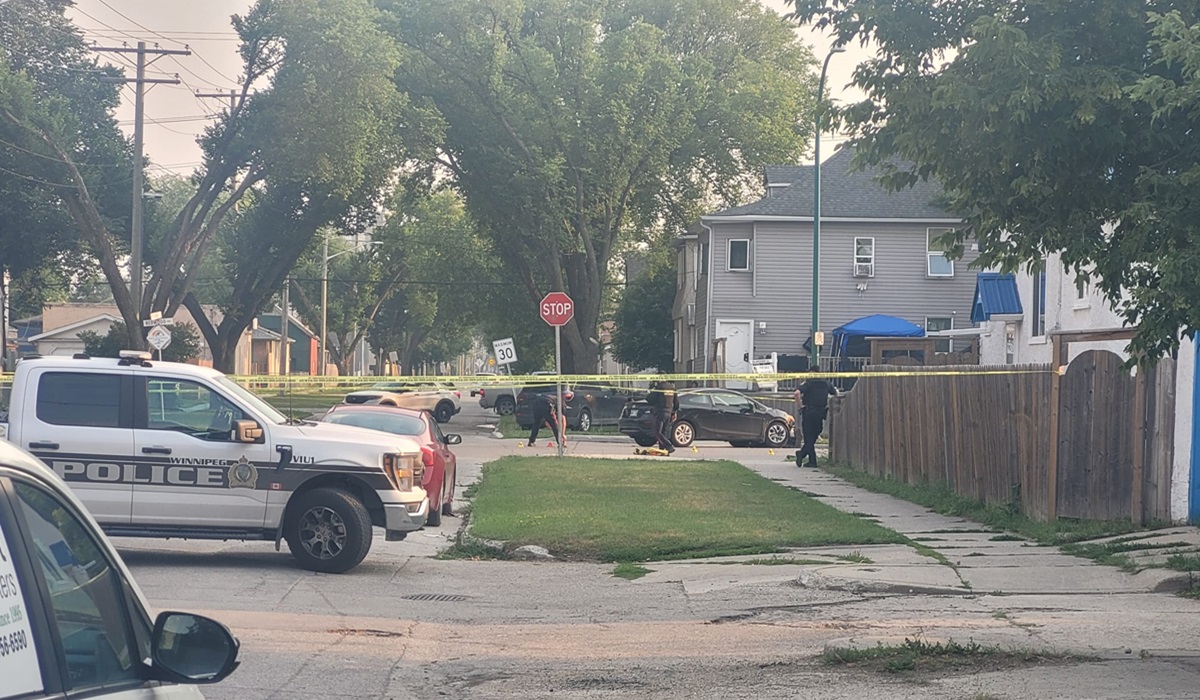
By: Don Woodstock
When people talk about crime in Winnipeg, they often turn to police response times, funding levels, and arrest rates. And while law enforcement plays a vital role, the truth is that no city has ever policed its way into long-term safety. What truly builds safety is a culture of shared responsibility—when ordinary residents see themselves as everyday protectors of their block, their street, and their people.
Everyday protectors aren’t superheroes. They’re the people who pick up broken glass on the sidewalk before a kid steps on it. The ones who intervene when a neighbour is being harassed. The ones who walk a nervous senior home from the bus stop. These actions might seem small, but they signal something powerful: This space is cared for. This community is watching.
Crime thrives in places where people don’t feel seen. But the opposite is also true—where people are known by name, where neighbors talk, and where kids are mentored instead of ignored, crime has a much harder time taking hold. In Winnipeg, some of the most successful community safety stories come not from crackdowns, but from connection.
Take local community patrols like Bear Clan, for example. These volunteer-led teams don’t come in with weapons or badges—they come with food, with support, with presence. They show up night after night to check on vulnerable people, respond to calls for help, and simply be visible. And that visibility changes things. It calms tensions. It discourages bad actors. It encourages engagement.
But you don’t need to join a patrol to have an impact. You can be a protector by being consistent. Show up at community events. Donate to a youth centre. Offer to shovel your neighbor’s walk when they’re overwhelmed. And most importantly, talk to people. Safety often begins with a conversation.
Let’s be clear: no community is immune to crime. But the difference between a neighborhood that’s spiraling and one that’s recovering often comes down to who’s willing to step up. Winnipeg doesn’t need more fear—it needs more care. More vigilance. More people who choose involvement over apathy.
We all have a role to play. If we wait for someone else to take responsibility, we’ll keep getting the same results. But if we each take a little piece of the solution, if we each claim ownership of our streets, our parks, our bus stops—we start to build something stronger than fear. We build a culture of protection. Of presence. Of pride.


